Pain Relief 101: A Pet Owner’s Guide to Pet Pain Medications
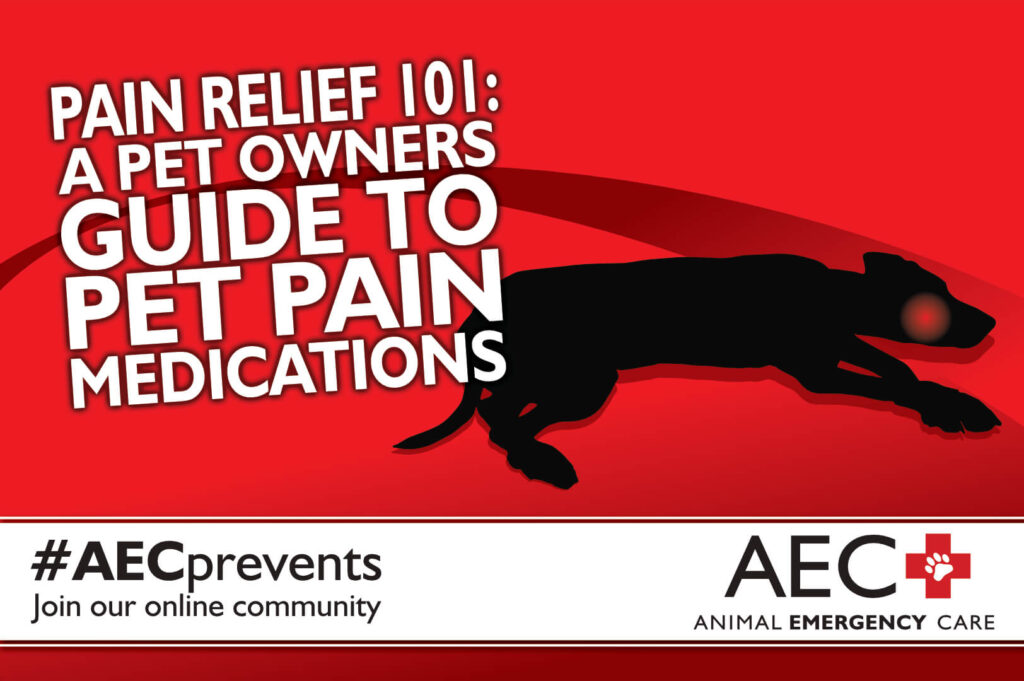
Like people, pets can experience pain for a variety of reasons, and uncontrolled pain can lead to an increased release of stress hormones and delayed healing in some cases. Additionally, pets who are experiencing a chronic pain ailment such as arthritis have an increased risk for behavior problems and a decreased quality of life. It may be tempting to reach for an over the counter (OTC) human medication to relieve your pet’s pain. However, many OTC medications are dangerous to pets, especially cats, because they metabolize most medications differently than people. Bring your pet to your family veterinarian or our Animal Emergency Care team if you suspect they are experiencing any pain. Your veterinarian will perform a thorough physical examination, and several blood tests may be recommended to determine which pain medications will be the safest and most effective against your pet’s pain. Pets with underlying medical conditions such as liver or kidney disease cannot take certain pain medications, so regular veterinary checkups are critical for proper pain management. We review common types of pain relief available for your pet.
What to Expect at the Emergency Vet: 5 Common Pet Owner Questions Answered
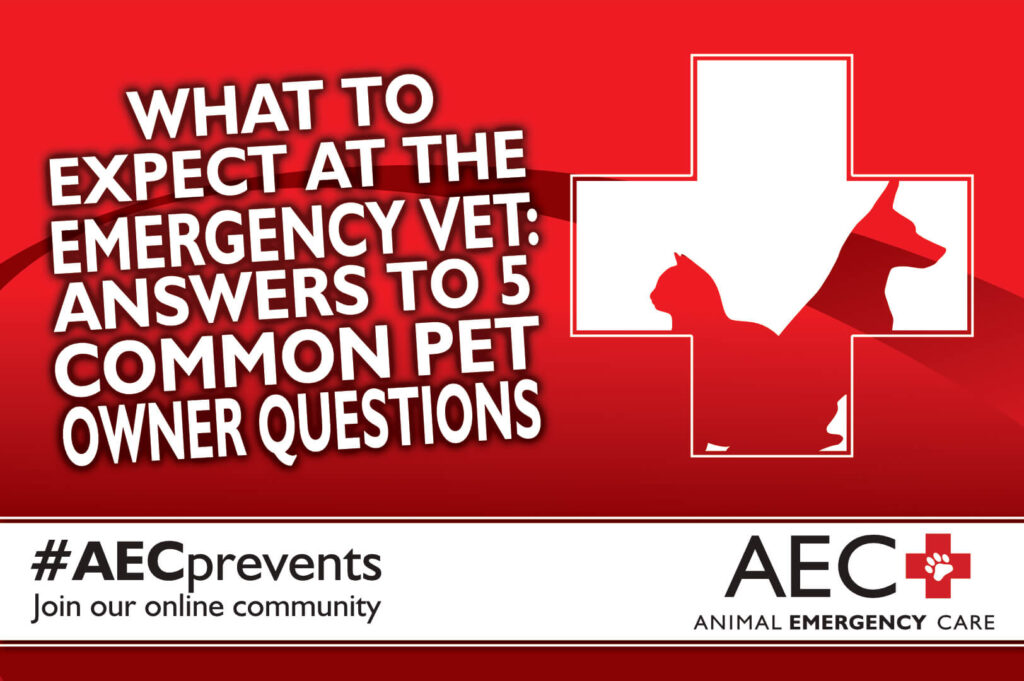
An illness or accident can happen with your pet at any time, and it can be stressful and frightening to see them in pain. Your pet is family and making decisions can be challenging when their health is concerned. However, responding quickly and calmly to a pet emergency is your best insurance for a positive outcome. Pet emergencies such as being hit by a car or ingesting a toxin require immediate veterinary care, but most family veterinarians are not available during evening hours. Fortunately, our Animal Emergency Care team is available 365 days a year, 24 hours a day. We understand the stress pet owners face with an injured or sick pet, and we have answers to some common questions about what to expect if your pet requires a veterinary emergency hospital visit.
World Wildlife Day: 4 Reasons Why Pets and Wild Animals Should Not Mix

Since 2013, the United Nations General Assembly has designated March 3 as World Wildlife Day, to celebrate and raise awareness of the world’s wild animals and plants. Each year, the U.N. chooses a theme to focus education efforts on the critical needs of the Earth’s fauna and flora. The 2022 theme is “Recovering Key Species for Ecosystem Restoration,” to draw special attention to the conservation status of the most critically endangered wild fauna and flora.
Dental Emergencies—What Pet Owners Need to Know
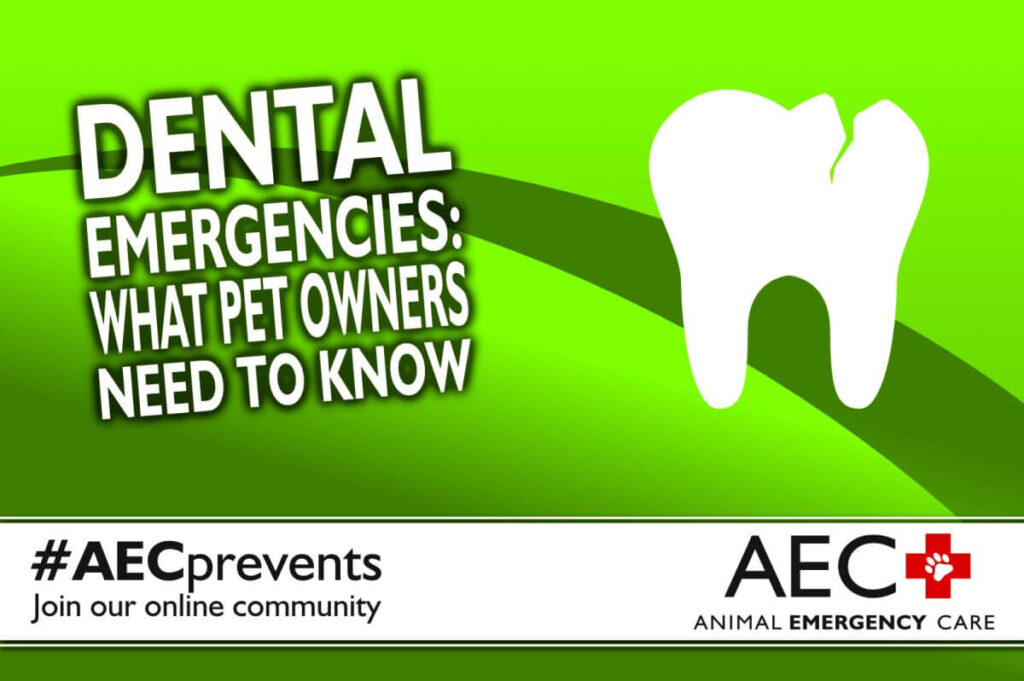
Your pet can experience extreme pain and may have difficulty eating and drinking properly if they are affected by a dental emergency. Our team at Animal Emergency Care explains common veterinary dental emergencies and provides tips to help you protect your pet from these situations.
8 Tips to Keep Your Cat Cozy
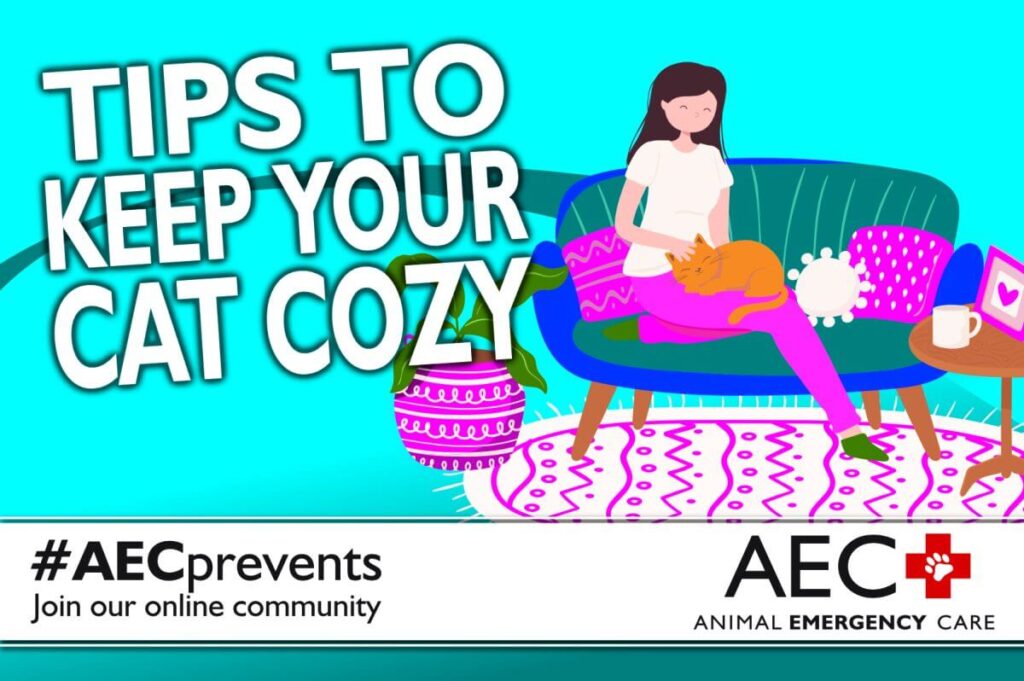
If your cat has been curling up on your lap more than usual, they may be trying to tell you they are cold. Cats tend to be more cold-natured than other household members and they enjoy warm cozy places to nap. Our team at Animal Emergency Care wants to help by providing tips to ensure you can keep your cat cozy this winter.
6 Tips to Keep Your Dog Toasty During Winter Activities
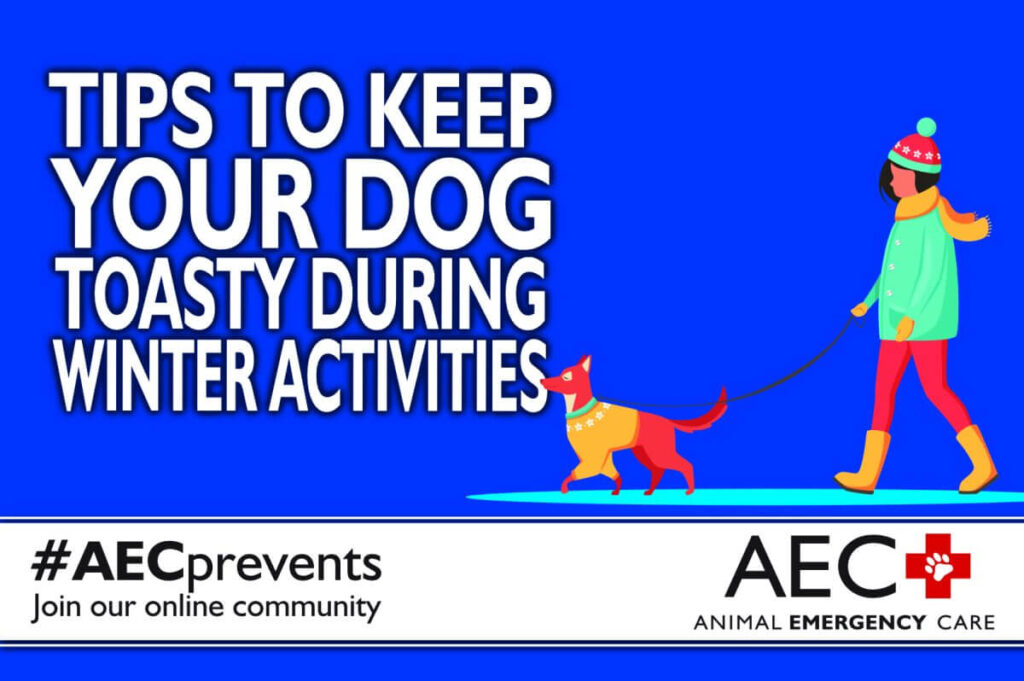
The cold winter months have arrived, and you want to ensure your dog stays warm and cozy. While they may have a fur coat sometimes your dog needs extra attention to stay warm. Our team at Animal Emergency Care provides tips to help keep your dog toasty while enjoying winter activities.
Covid’s Toll on the Veterinary Industry
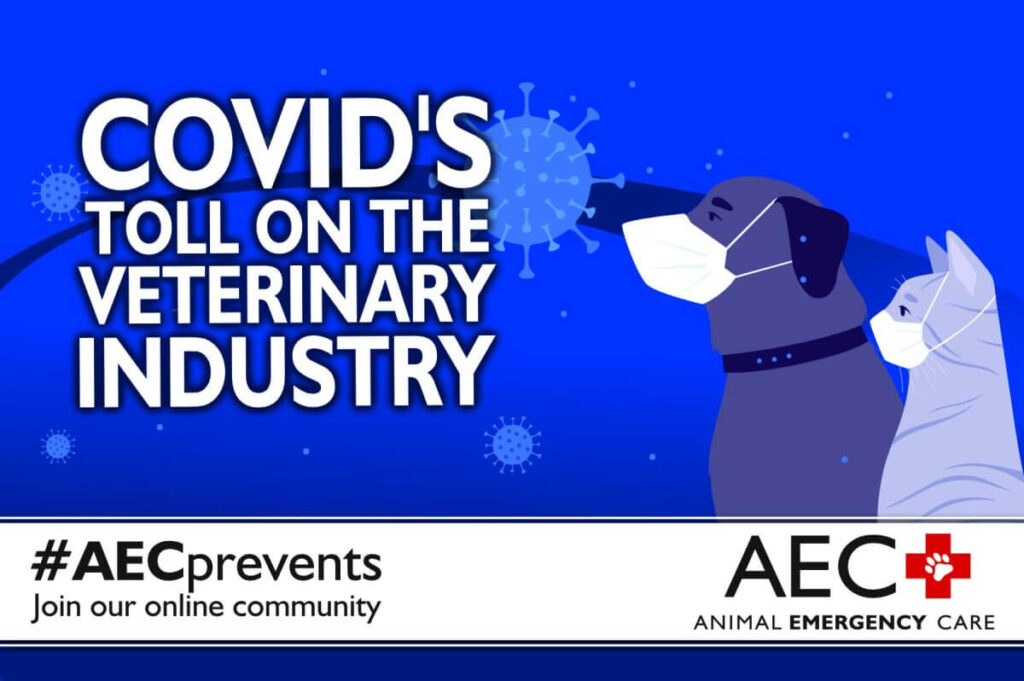
COVID has wreaked havoc on the veterinary industry causing veterinary professionals to struggle with staffing shortages, inventory shortages, and an inability to treat the same number of pets as before the pandemic. Our team at Animal Emergency Care wants to explain how COVID has affected veterinary medicine and what this means for you and your pet.
The Waiting Game: Understanding Veterinary Overload
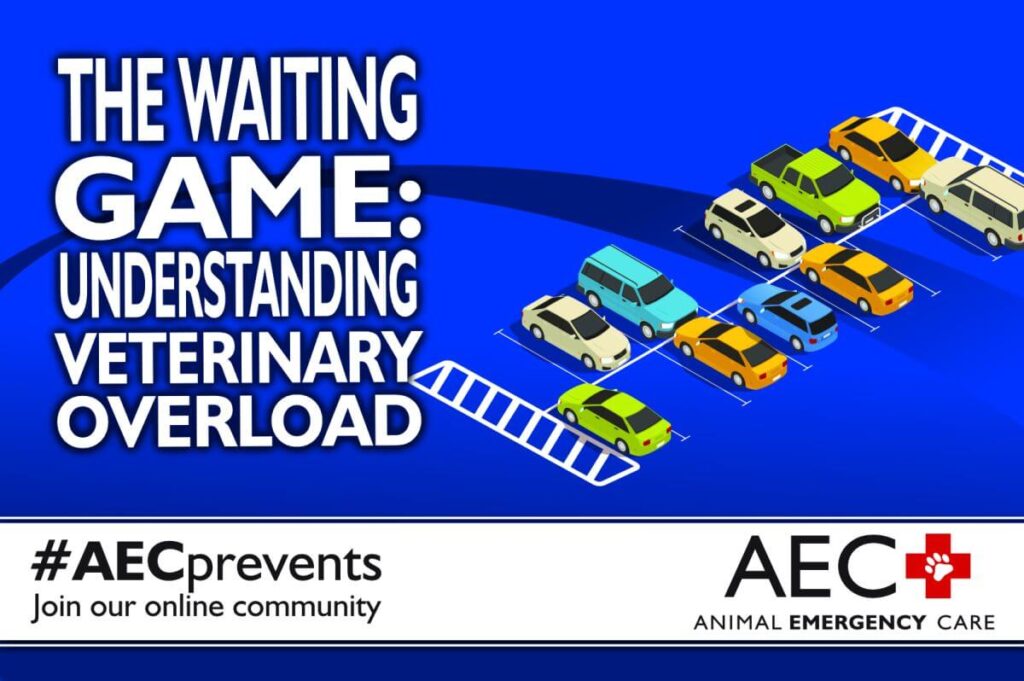
Responsible pet ownership requires ample time, finances, care, and regular veterinary visits to ensure your furry companion remains healthy and thrives into their grey muzzle years. The veterinary profession has experienced unprecedented demand during the COVID-19 pandemic . The increased workload has resulted in overwhelmed veterinary team and extended wait times for appointments and emergency care for pets. Our Animal Emergency Care (AEC) team understands the frustration pets owners feel when they are faced with delays in getting answers concerning their pet’s health. We discuss reasons our profession is experiencing overload and ways pet owners can work with their veterinary team to ensure a smooth experience during challenging times.
